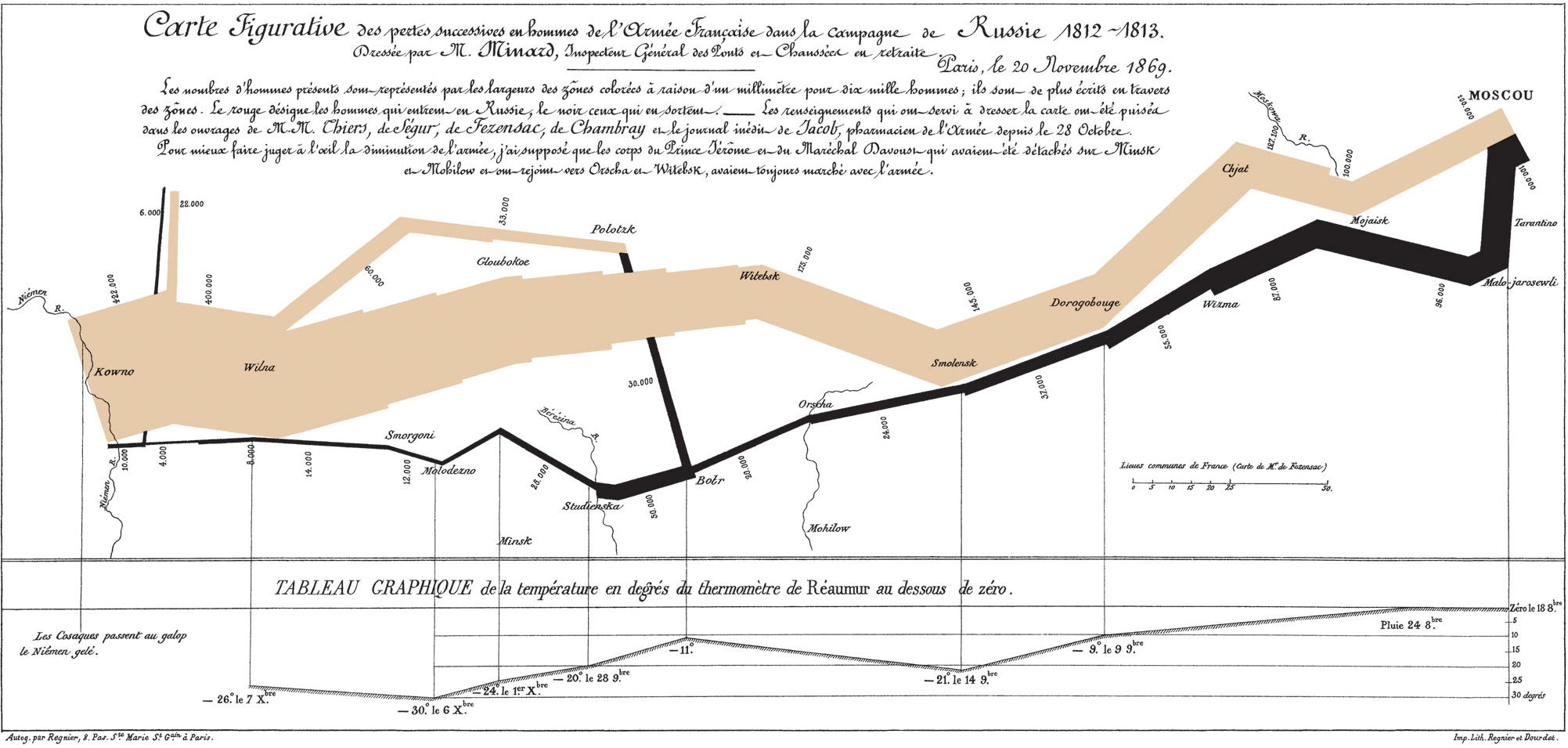We've already spent enough time considering North America, and you've had plenty of time in your 18+ years to learn about the American Revolution. Instead, today we will cast our gaze toward the French Revolution and its enormous global ramifications.
This revolution undermined absolutist monarchies, but in the end did not necessarily replace them with governments that fostered the revolutionary ideals of liberty, fraternity, and equality.
Some of the issues we will confront:
What the French Revolution meant to the rest of the western world, and why it was so troubling for those in charge.
The conditions that allowed a man like Napoleon Bonaparte to emerge as Emperor of France
The ways in which Bonaparte did and did not carry on the ideals of the Revolution.
Why the Age of Napoleon was a little like throwing a rock into a pond in terms of global change.
How Enlightenment-era ideas could put into motion a series of events resulting in less-than-enlightened outcomes.
A few terms that we'll confront today (some are also in your book): Jacobin, Grande Armée, Decemberists, Muhammad Ali Pasha, Leo Tolstoy, "Patriotic War of 1812," Muhammad Ali Pasha, Mamluks.
Culture and images:
Napoleon in Egypt
Muhammad Ali Pasha
And where would we be without a map? Charles Joseph Minard's graphic map of Napoleon's invasion of Russia.
In addition to Tolstoy, which I'll talk about in the lecture, the Napoleonic Era inspired some of the West's most iconic music and visual art. Familiar to you should be Tchaikovsky's 1812 Overture:
Or this great Boccherini piece (used in Master and Commander) composed on the eve of Napoleon's invasion of Spain. Boccherini had fled Napoleon's France for Spain.
And, of course, Goya's 3rd of May





No comments:
Post a Comment